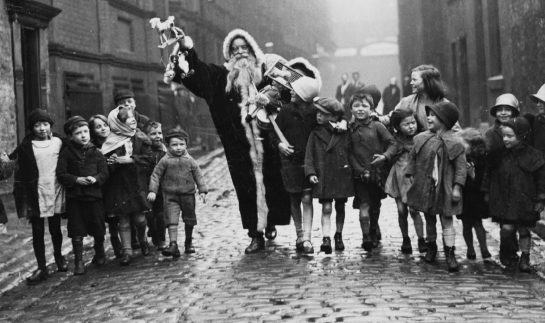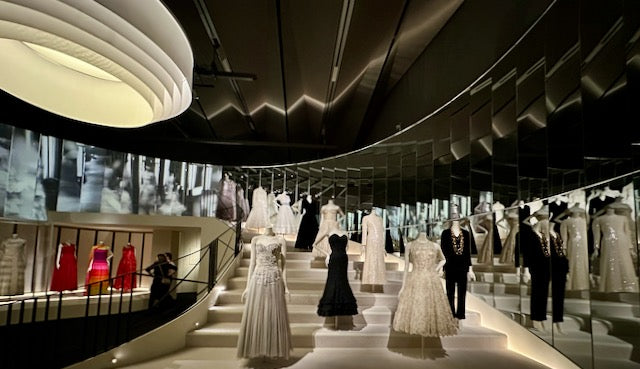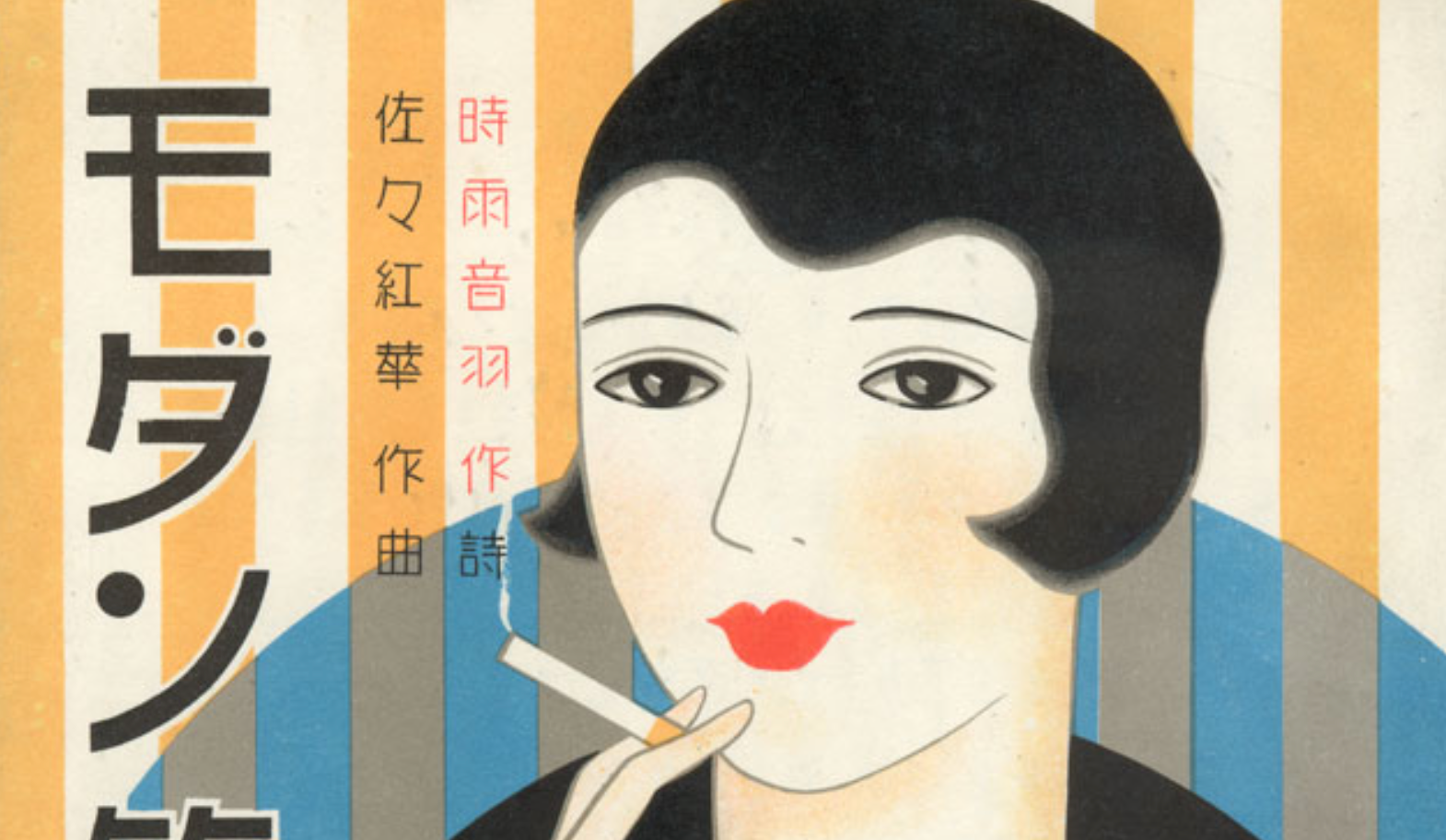In the early 20th century, Christmas held a simpler charm. The holiday season was marked by a more modest approach, with Christmas trees and handmade decorations typically making their appearance on Christmas Eve, in part due to the fire hazard posed by candles adorning these trees.

During this time, the Santa Claus we recognise today began to take shape. The 1920s saw American author, painter, and illustrator Norman Rockwell depicting Santa as a kindly, human-like figure. This image of Santa Claus was further popularised by Coca-Cola through their advertising campaigns in the 1930s, shaping the enduring character we know today.Lighting the candles on the 1920s Christmas tree

Santa Claus 1920
Advertising in the 1920s was a different landscape compared to today's digital age. It was primarily confined to newspapers and magazines. Products that we still see today, such as perfumes, toiletries, cigarettes, and male grooming items, were among the popular choices in advertisements of the era.

When it came to gifts, there was a mix of options. For those fortunate enough to receive an expensive present, it might have been a clockwork Hornby train set in 1920, or the first electric train set in 1925, igniting a fascination with model trains that endures to this day.Yardley Advert, 1939

However, not everyone had access to such lavish gifts. In the spirit of the times, cheaper alternatives like jokes, puzzles, magic tricks, and clockwork toys found their way under Christmas trees. Classic board games such as chess and snakes and ladders were also popular choices.
Food was typically locally sourced, and gifts were often homemade, practical, and built to last, reflecting the values of the era.

Children at Christmas, 1930s
Today, as our society increasingly emphasises sustainability, we're opting for more locally produced food options and thoughtful gifts that last. While modernity brings many conveniences, it's worth pondering whether some aspects of Christmas in the 1920s and 1930s, with their focus on durability and resourcefulness, hold appeal.




